Choosing a school for your child is not simple, especially when more and more international schools appear. It is not simply about tuition fees, reputation or facilities, parents need to consider whether the environment is suitable for the family'seducational philosophy and the child's potential for comprehensive development.
Here are some points parents should note:
Not all international schools are created equal.
International schools in Vietnam include: foreign program groups, accredited by prestigious educational organizations; integrated bilingual schools, supplementing both Vietnamese and international programs. Currently, it is not difficult to find schools that label themselves international but lack assurance regarding programs, accreditation or output results.
In addition, there are schools that choose a different educational model: combining international standards with the depth of local culture. Students not only learn in English, but also practice thinking as global citizens in the context of Vietnamese culture. This factor helps them strengthen their courage, not being separated from their roots in the journey to reach out to the world .
Parents may ask: Does the curriculum stop at just learning English or does it help children develop the ability to think, connect, and integrate? Do children have the opportunity to learn, experience, and develop themselves both inside and outside the classroom? Above all, does the school foster in children the values that the family desires?
System reputation
Currently, many parents are looking for information about whether the school their children attend belongs to any educational organization or operates in a global network?
Systems present in many countries not only ensure financial resources, but also provide professional operating standards, long-term educational development strategies and opportunities for global student and teacher exchange.
Questions parents should ask include: Is the school part of a global education system? Is there a long-term development orientation, rather than focusing solely on short-term, risky, volatile tuition policies?

Large and prestigious educational organizations in the world such as Nord Anglia Education often have global student and teacher exchange activities.
Quality of teachers and leadership
The factor that improves the quality of education does not depend entirely on the facilities, but on the teachers and leaders. The team of international teachers with formal teaching degrees, PGCE, QTS certificates, plus years of experience and practical teaching are irreplaceable factors.
In addition, the stability of maintaining the teaching staff and the long-term vision of the board of directors are reliable indicators, showing that the school does not follow trends, but seriously invests in people.
Parents should ask themselves the following questions: Does the school maintain a stable teaching staff with regular professional development? Does the leadership have a clear and sustainable educational vision?
Academic output
One objective indicator is the results of students in international exams such as IGCSE, A-Level, IB, along with the list of universities they have been accepted to. Schools with outstanding teaching quality often publish these results transparently and parents have the right to know.
Questions parents should consider: Does the school publish specific output results each year? Do students get accepted to top universities in the world each graduation season?
International accreditation, educational investment value
Finally, a series of accreditations from CIS, WASC or IB are considered a guarantee of quality, showing that the school is operating according to global standards, not only in teaching, but also in governance, professional ethics, social responsibility, etc.
When comparing tuition fees, parents should ask: Is the school a member or accredited by these organizations? Does the investment cost for your child come with a worthy learning experience and results?
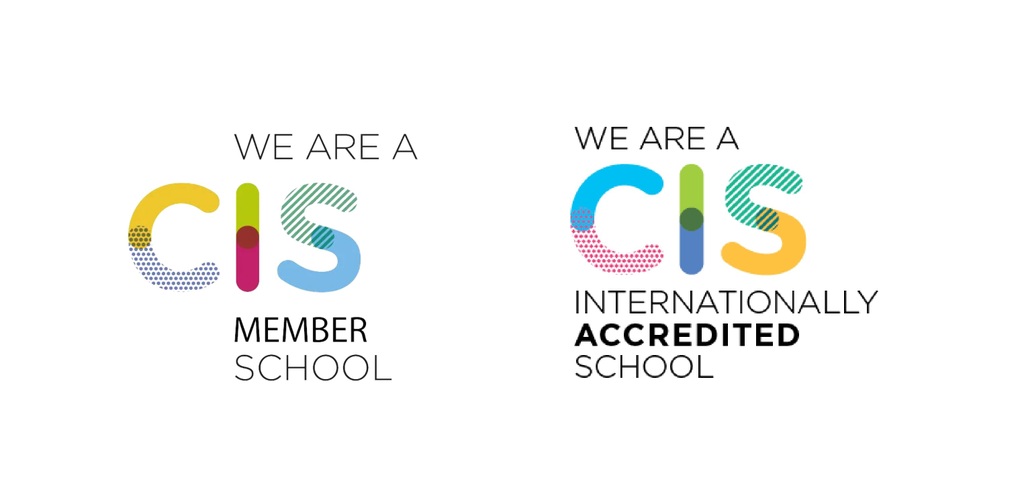
The two different concepts of CIS, member school and accredited school, are often easily confused by some schools.
Among seemingly similar choices in form, the real difference comes from within - where the curriculum, teaching staff, educational philosophy and comprehensive development orientation are put first.
"When considering choosing a school for my child, I do not focus on following trends or attractive tuition incentives. Instead, I spend time carefully researching the school's reputation, teaching quality and actual student learning outcomes. The most important thing is to see if the environment is suitable for my child's personality and orientation. Because for me, a good school is a place where my child can develop to his or her full potential," said Mr. N. Thinh, a parent with a primary school child in Hanoi .
Source: https://dantri.com.vn/giao-duc/nhung-diem-can-luu-y-khi-chon-truong-quoc-te-cho-con-20250508171544739.htm



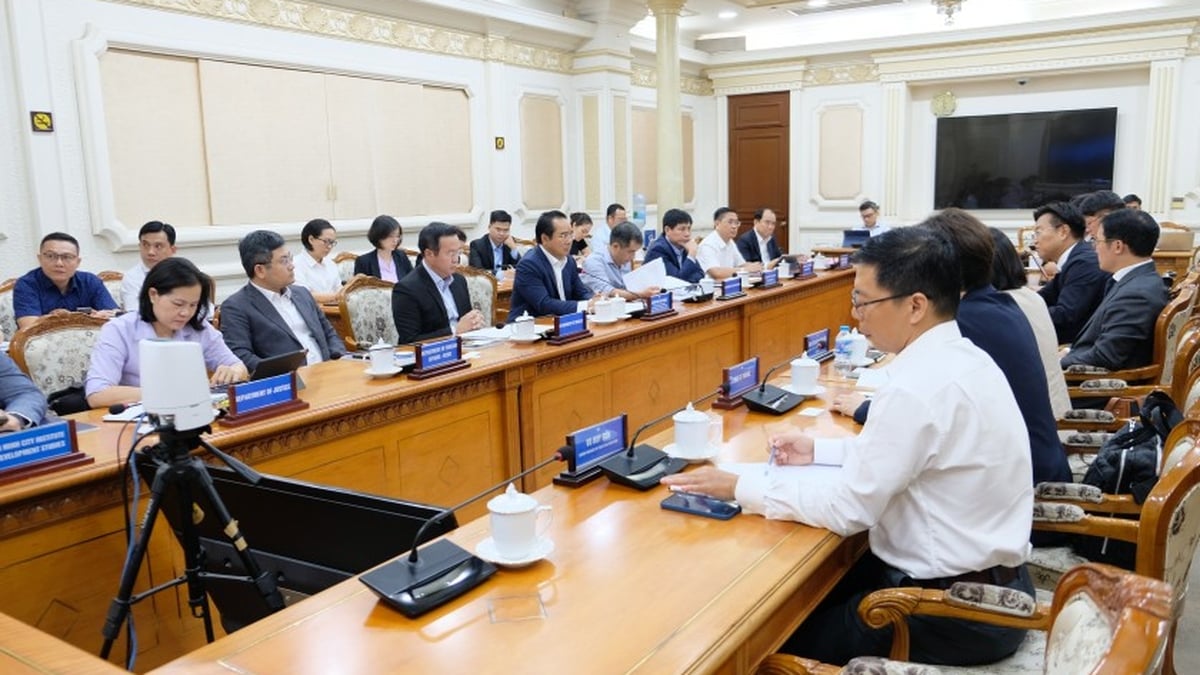
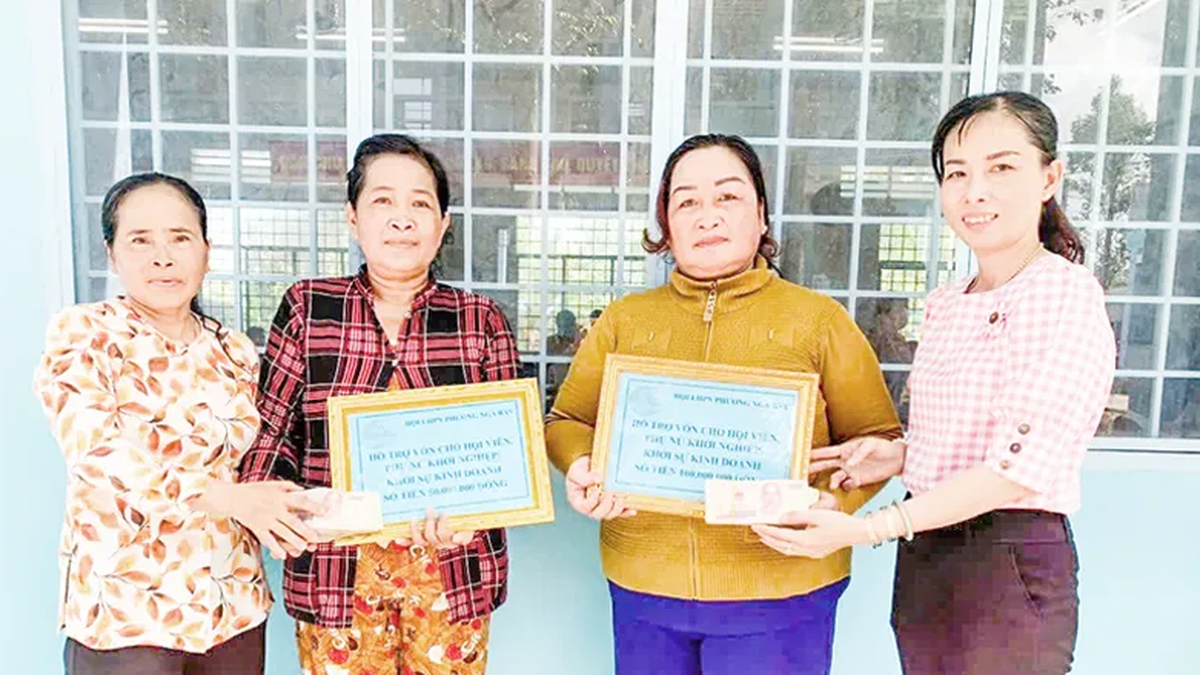
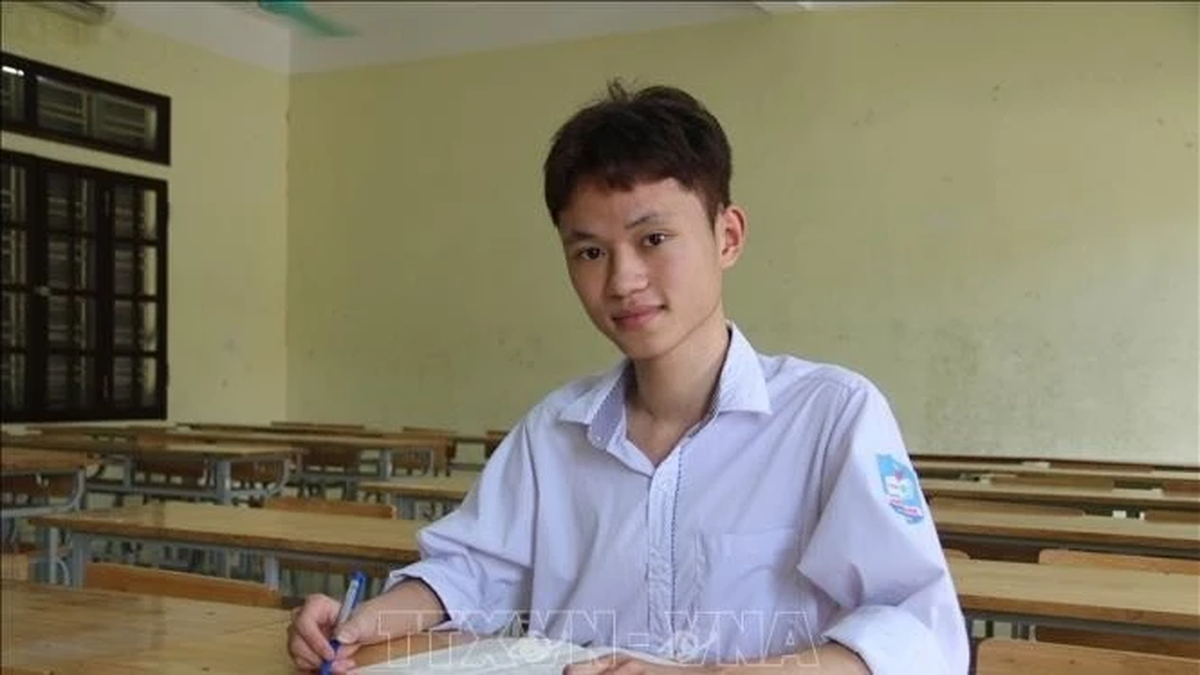

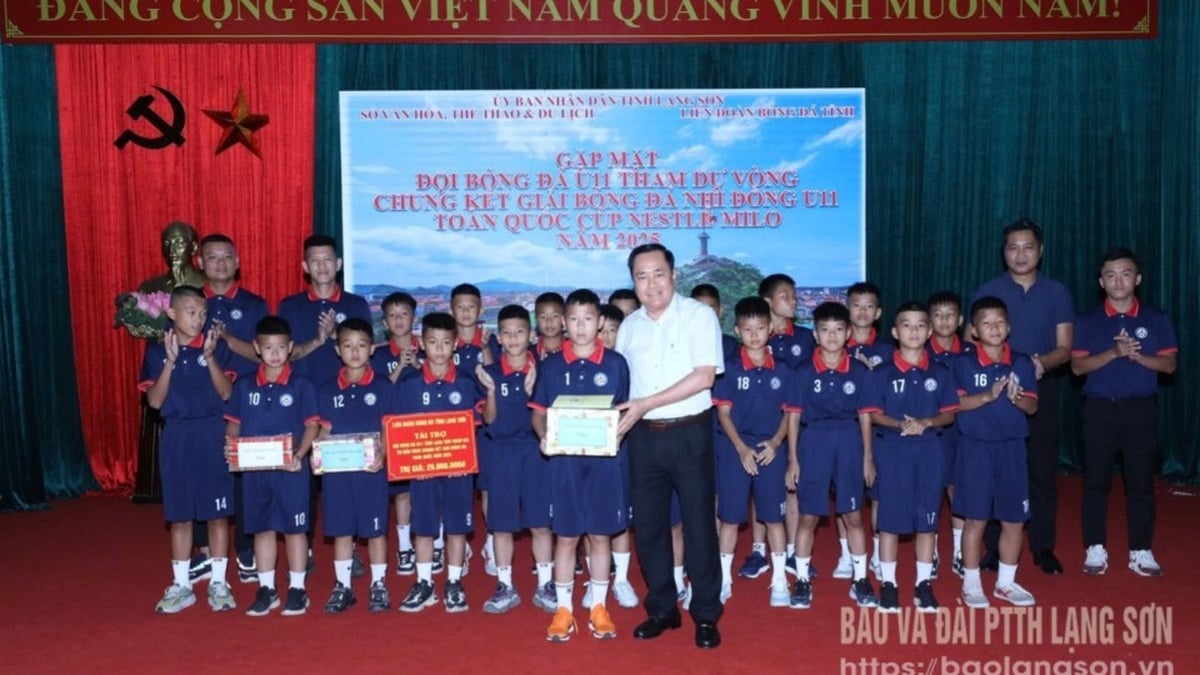

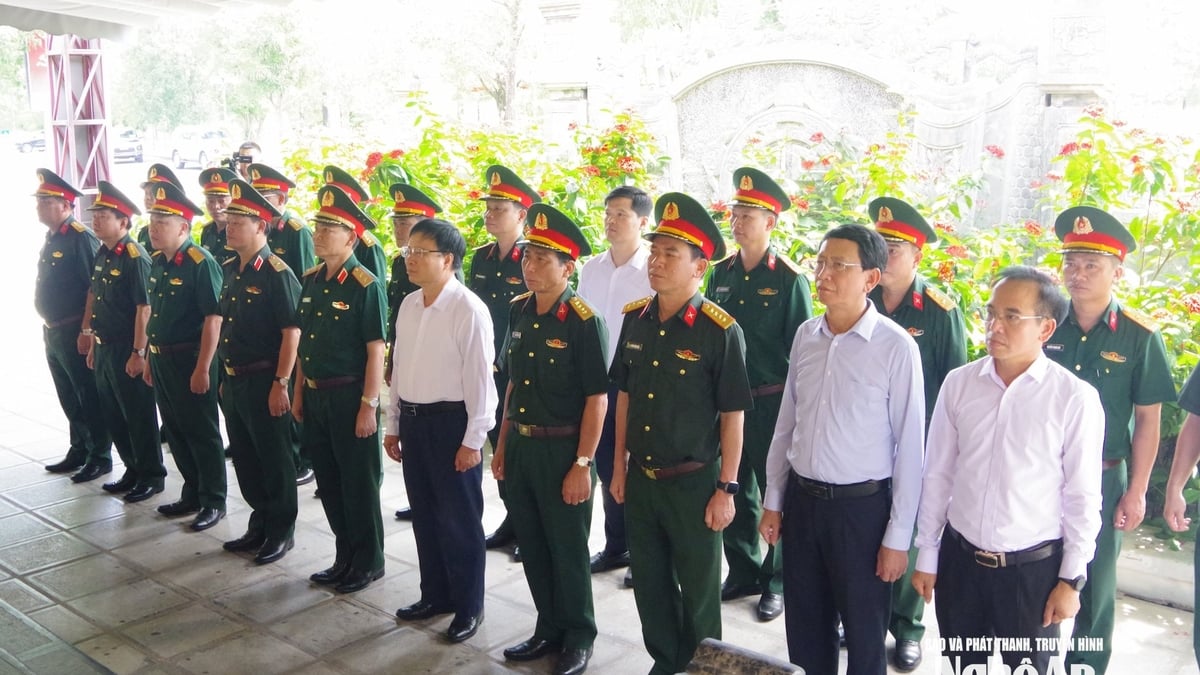
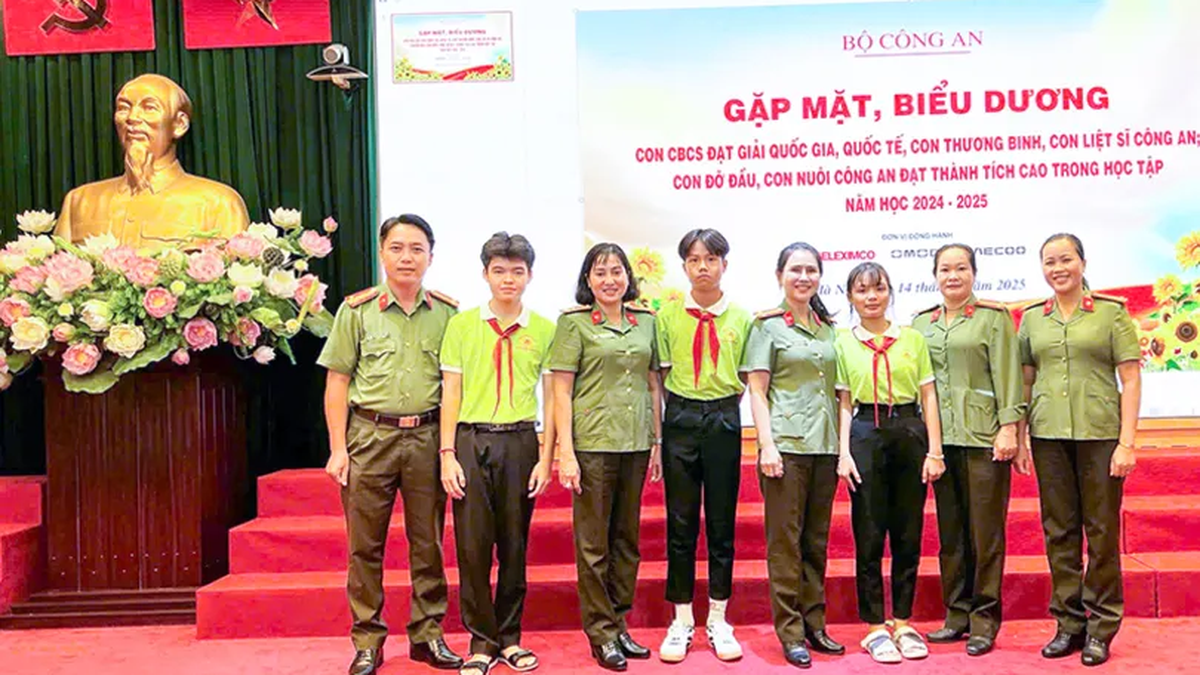
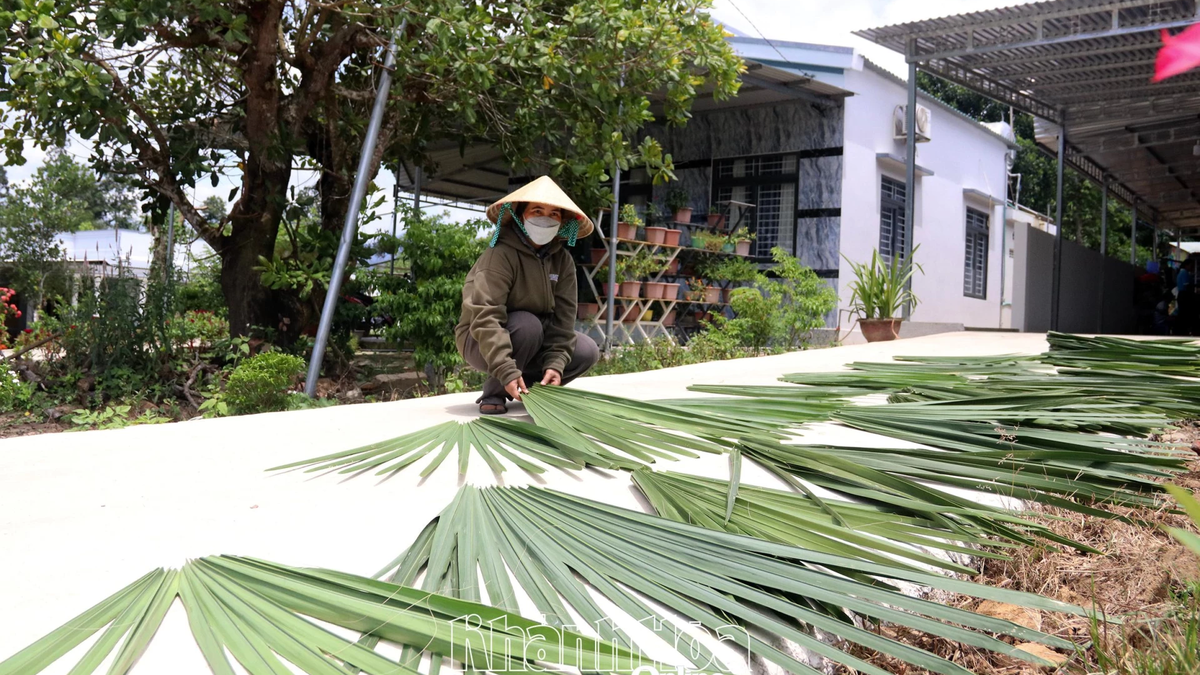







































![[Maritime News] More than 80% of global container shipping capacity is in the hands of MSC and major shipping alliances](https://vphoto.vietnam.vn/thumb/402x226/vietnam/resource/IMAGE/2025/7/16/6b4d586c984b4cbf8c5680352b9eaeb0)













































Comment (0)